The United Kingdom is taking a stand against headlight glare, which has haunted drivers ever since the headlight was invented. More research is needed before we can fully understand the issue (and how to solve it), but that’s exactly what the UK government is committing to—more research.
What Is Headlight Glare?
Headlight glare, also known as driver glare or headlight blindness, is the temporary blinding glare drivers experience from incoming headlights. It’s the primary reason why drivers are taught to turn their high beams off when cars are approaching them.
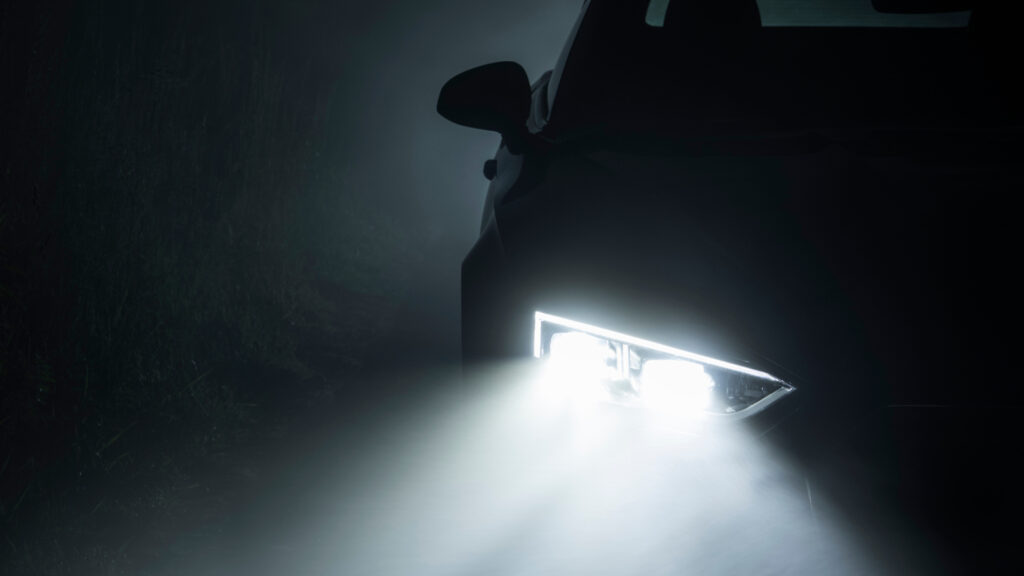
The brighter the light, the more blinding it is to the naked eye – increasing the chances of an accident or collision happening. That’s why they say nighttime is the most dangerous time to drive – you never know when someone’s headlights might blind you.
Department for Transport Will Lead Independent Research
The Department for Transport (DfT), which is responsible for the English transport network, was quick to point out the lack of research on the topic. They knew a lot of people were complaining about it, but they didn’t know what was causing it and how to solve it.

That’s why they’re taking matters into their own hands. According to the DfT, the research will be commissioned to ‘better understand the root causes of driver glare and identify any further appropriate mitigations.’
Petition Receives 10,000 Signatures
The DfT’s response comes as a petition continues to gain support in the United Kingdom. As of right now, the petition has more than 11,300 signatures – enough to raise awareness and advance the conversation. At 100,000 signatures, petitions are automatically considered for debate in Parliament.

The petition read, “The Government should launch a review into the problem of some headlights causing oncoming traffic drivers to be unable to see clearly and safely. The review should be conducted with car manufacturers to find solutions.”
RAC Heavily Campaigned For More Research
RAC, a car insurance company in the UK, has been campaigning for more research since 2018. They recently surveyed 2,000 drivers to see just how common headlight glare is, and how it affects a driver’s ability to see the road clearly.

85% of the respondents said headlight glare was common, 89% of drivers think headlights are too bright these days, 91% said they get ‘dazzled’ while driving, and nearly 75% said headlight dazzling happens frequently.
Why Are Headlights Getting Brighter?
Ask any driver, and they’ll tell you the same thing – headlights are getting brighter, and it’s making it harder to drive safely. But the question remains – why are headlights getting brighter? It might seem like an easy question, but it comes with a complex answer.
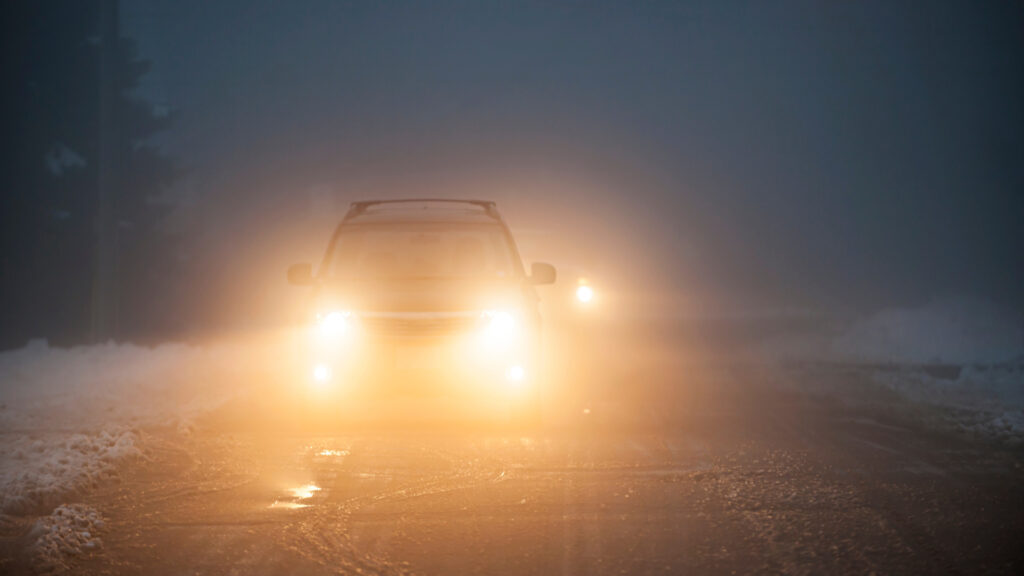
“It’s partly a change in the technology, it’s partly, I believe, a change in our vehicles, and I think it’s partly a change in the way that we maintain headlights on our cars,” said John Bullough of Mount Sinai’s Light and Health Research Center.
1. Usage Of LED Lights
LED headlights are far more common than halogen headlights in today’s vehicles. While LED lights are more efficient and effective, they also emit more white/blue light, making the headlight seem brighter – despite having a similar light output.
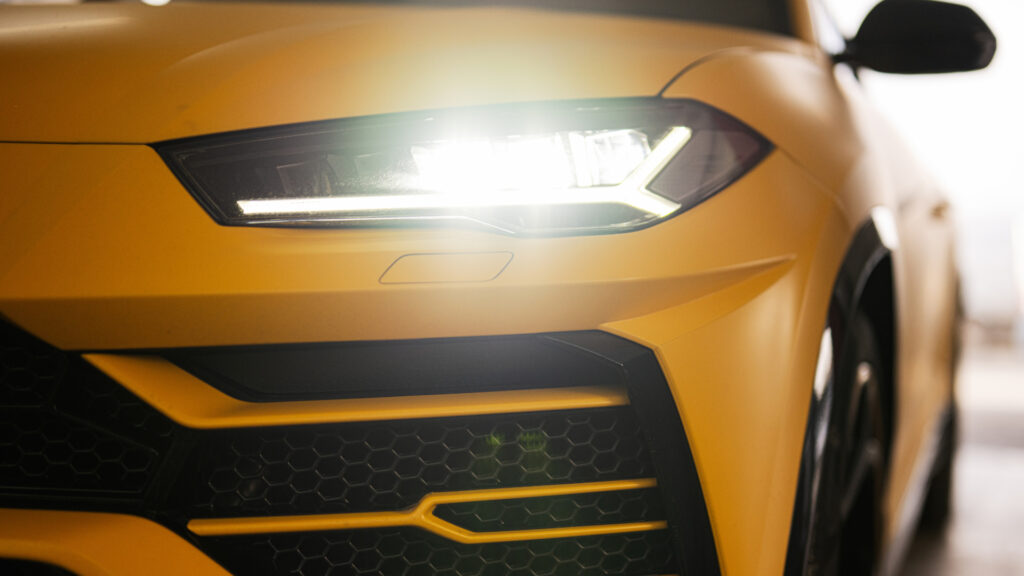
“Now that you’re starting to see some of these whiter or more bluish-white, both streetlights and headlights, they just look a lot brighter, but then someone with a light meter will come and say, ‘No this is the exact same thing,’” Bullough said.
2. More SUVs And Trucks
Bullough also points out that there are more SUVs and trucks on the road today. Those who drive a car or vehicle that’s lower to the ground are at a disadvantage because an SUV’s headlights shine directly in their eyes.
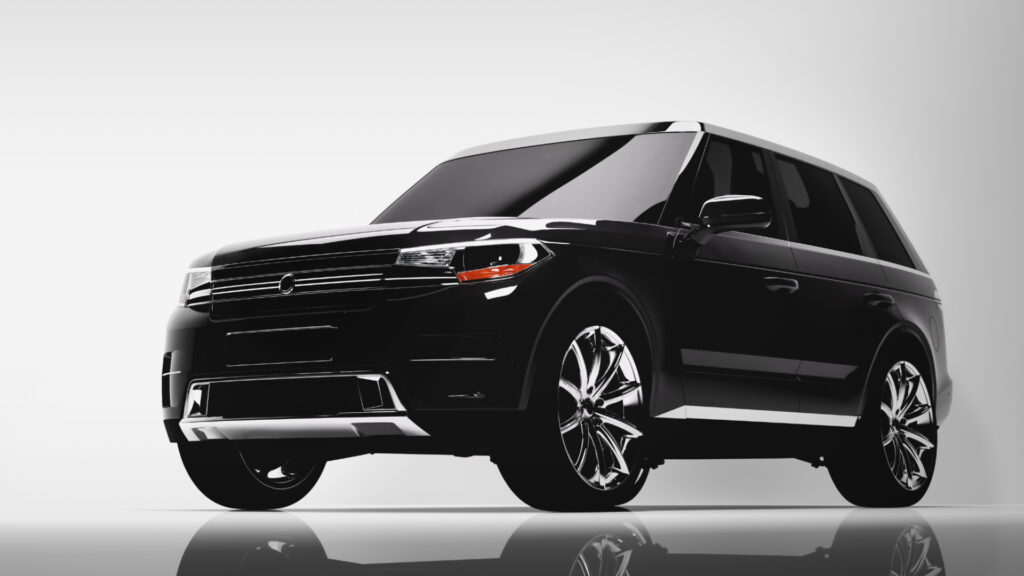
To make matters worse, headlight standards and requirements are similar for SUVs, trucks, and regular cars—meaning an SUV’s headlights are just as bright as a sedan’s, even though they are far more dangerous on an SUV than a sedan.
3. Mis-aimed Headlights
The third and most important issue with headlights is that many of them are misaimed. In fact, a study by RPI’s Lighting Research Center found that nearly 60% of vehicles have at least one misaimed headlight.
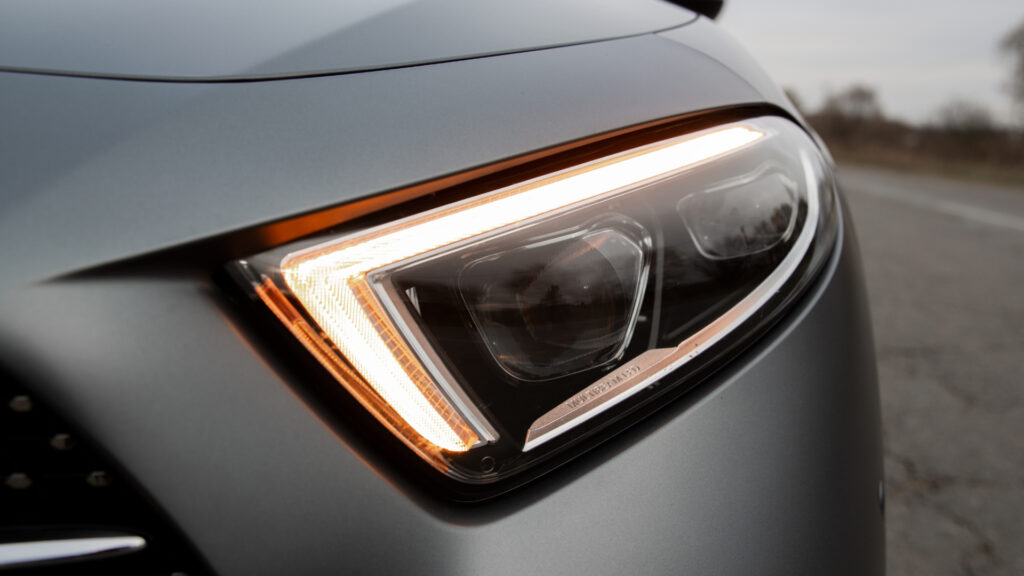
“Less than a degree can make a huge difference in creating a lot of glare for an oncoming driver,” Bullough said – adding that most headlights are either aimed up at the driver’s eyes or down at the right, instead of straight out into the road.
RAC Road Safety Spokesman Supports Research
Rod Dennis, the RAC’s road safety spokesman, applauded the UK government for listening to drivers’ concerns, calling it a ‘major turning point’ for drivers worldwide. Drivers have been asking for a deeper examination, and they’re finally getting it.

“The topic has undoubtedly struck a chord with motorists up and down the country, with many people contacting us directly to call for something to be done,” Dennis said. “Brighter headlights, while giving drivers a better view of the road ahead, are clearly causing other road users significant problems.”
United Nations Doing Its Part To Curb The Problem
A lack of evidence led the DfT to raise the ‘headlight glare’ issue at the United Nations international expert group on vehicle lighting. It was a much-needed move because it resulted in the UN agreeing to new rules and regulations in April 2023.

The UN agreed to proposals to amend headlamp aiming rules and add requirements for mandatory automatic headlamp leveling, which automatically corrects the aim of headlamps based on a vehicle’s weight.
RAC Spokesman Wants To See More Being Done
While Dennis says the RAC is aware of ‘regulatory changes being made at an international level’ and hopes that this will make a difference for many years to come, he also says they are concerned that it might not be enough to solve the problem completely.

“There are also known shortcomings concerning the official road casualty data not accurately capturing the true number of incidents associated with headlight glare, so it’s absolutely right that the topic is investigated properly to understand what can be done to keep everyone safe,” Dennis said.
Baroness Hayter Calls Research A ‘Victory’
Dianne Hayter, Baroness Hayter of Kentish Town spoke out in support of the research. She has been vocal about the need for more attention on this issue, and is pleased to see the government taking the necessary steps to get to the bottom of it.

“This is a victory for all those drivers affected by glare who’ve complained to their MP, signed the parliamentary petition, or indeed sought help from an optometrist only to discover the problem was with headlights, and not their eyes,” she said.
United States Still Decades Behind Rest Of World
While the United Kingdom is taking matters into its own hands, the US continues to do absolutely nothing to address headlight glare. And while many countries around the world require the use of adaptive driving beam (ADB) headlights, the US has yet to do so.
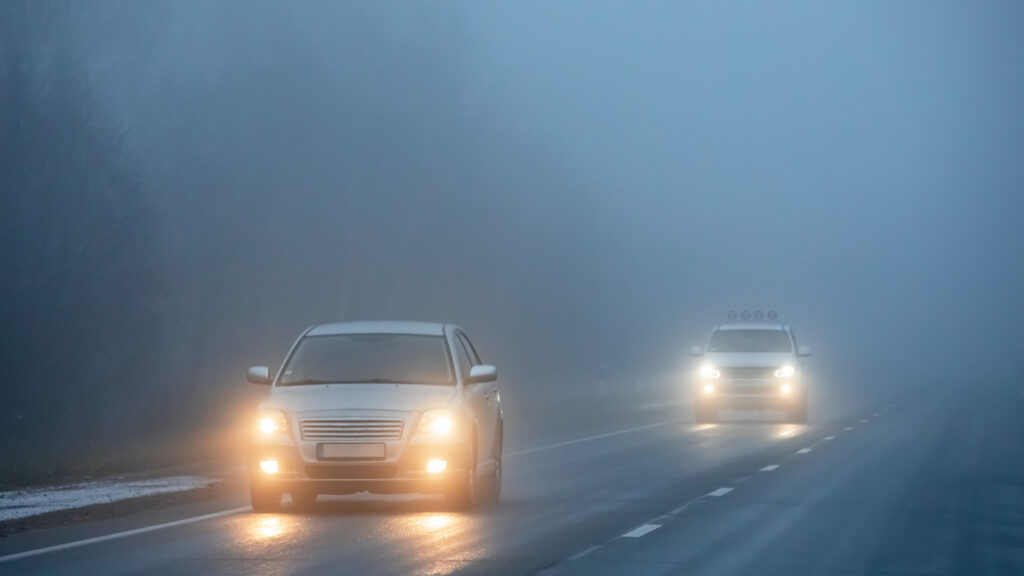
In fact, the closest America has gotten to ADB headlights is automatic high beams – which automatically turns off the high beams when a car is approaching. Until America makes the switch, the problem will continue to grow worse.





GIPHY App Key not set. Please check settings